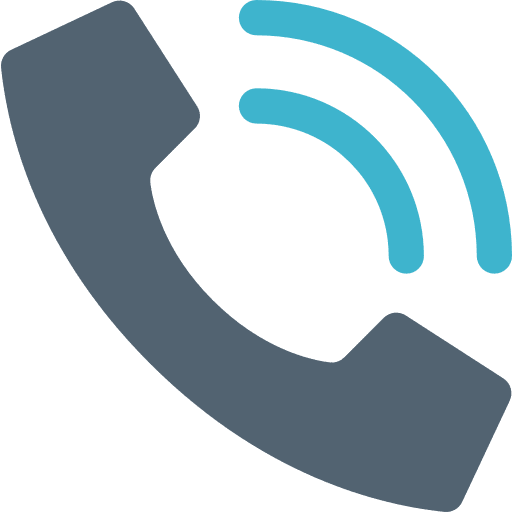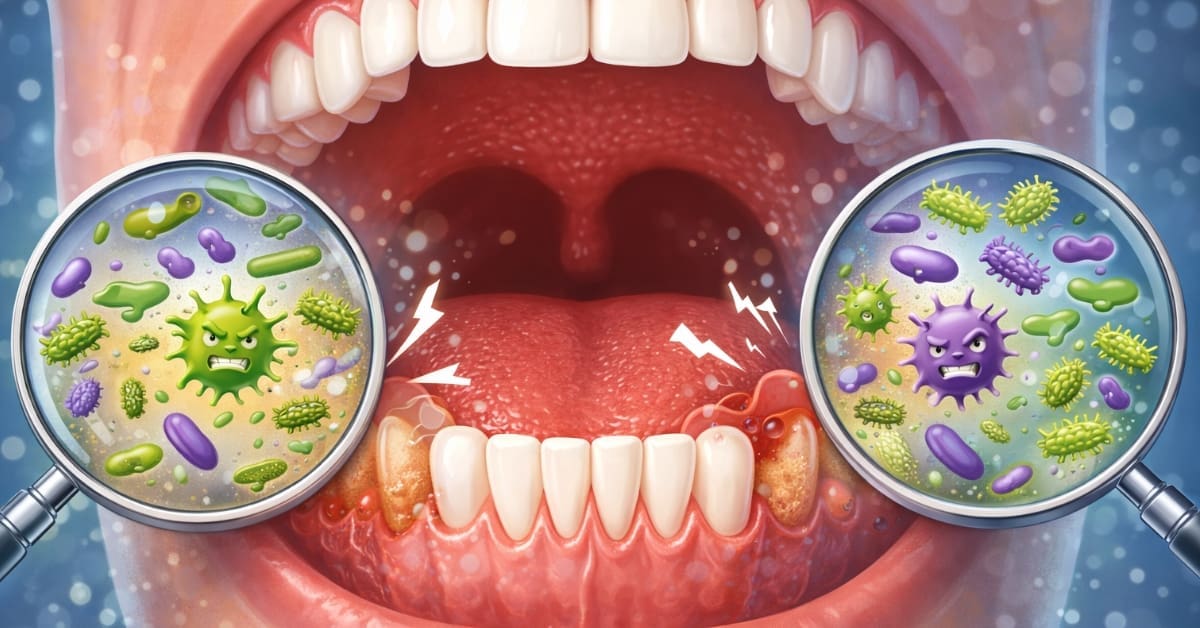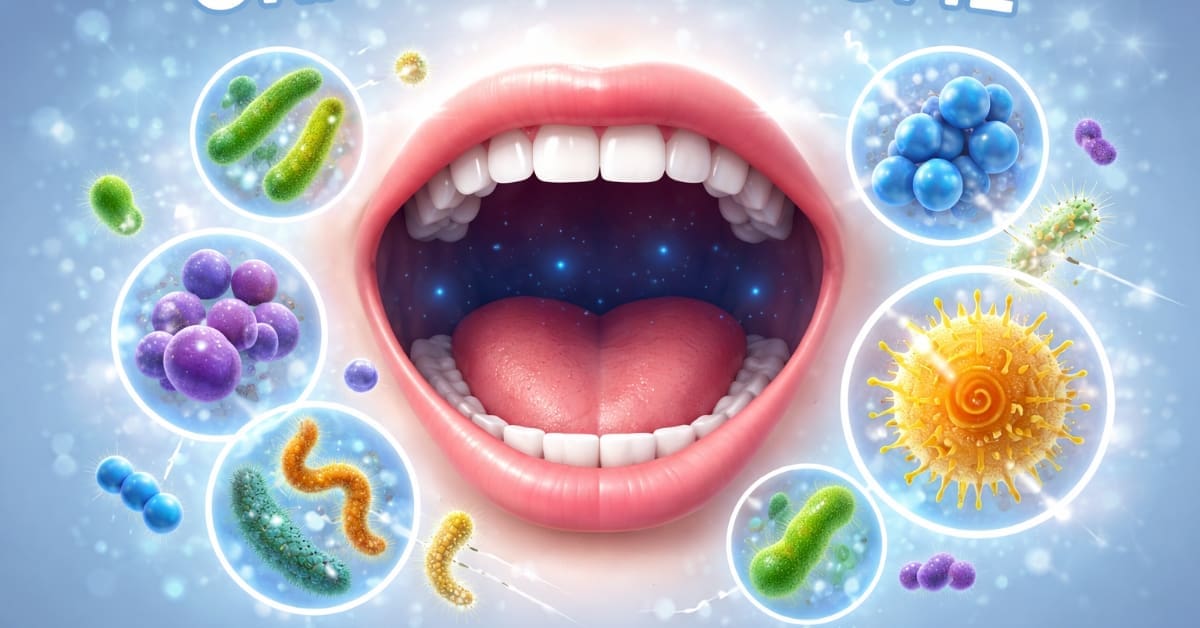Symptoms of TMD
Temporomandibular disorders (TMD) can cause several symptoms affecting an individual’s quality of life. The symptoms include different kinds of pain, noises from the joint, and limited jaw movement. This article looks at some temporomandibular disorder symptoms and their causes.
Temporomandibular disorders (TMD) are a set of ailments that affect the temporomandibular joints (TMJ). The TMJ are two joints on either side of the head. The two acronyms are often used interchangeably, but it is essential to recognize that one (TMJ) refers to a body part and the other (TMD) to an ailment. The joints connect your jaw to your skull in front of the ear — a skull section called the temporal bone. The temporomandibular joint is the hinges that allow your mouth to open and close. Acute or chronic TMD occurs when the joints become inflamed or irritated. TMD can produce a range of symptoms, including:
Myofascial Pain
The fascia is a layer of connective tissue over the muscles. Myofascial pain refers to pain in the fascia and is a common TMD symptom. The shoulders, neck, and jaw can have their respective functions limited by myofascial pain.
Soreness
The temporomandibular joints are small and delicate but are also constantly moving — we use them wherever we chew or speak — so they are prone to inflammation or irritation. The soreness caused by TMD can affect the temporomandibular joint itself, but it can stretch into other parts of the body, including the neck and shoulders.
Popping Noises
One of the most distinctive symptoms of temporomandibular disorders is the popping and clicking noises people hear as they chew. The popping noise comes from the disc in the joint; it occurs because it has been damaged and its function compromised. In severe cases, the popping noises may be loud enough to be heard by others nearby.
Headaches
The types of headaches associated with TMD include tension and migraine headaches. The headaches often come after excessive jaw activity.
Limited Jaw Movement
Damage to the jaw joint can cause it to be stuck during the action of opening or closing the mouth, which is another indication of this disorder. The joint can even become locked, which makes it difficult to open or close your mouth.
Changes to Teeth
People with Temporomandibular disorders often suffer from tooth sensitivity even when they have no other tooth problems. TMD may also change the way upper and lower teeth fit together.
TMD Causes
Jaw joints are just like the body’s other joints — they are prone to arthritis, which is one of the major causes. Degeneration of the joint can cause TMD; sometimes, this degeneration is simply the typical product of aging.
Bruxism — grinding or clenching of the teeth — can cause TMD because of the strain it places on the Temporomandibular joints. Trauma to the jaw is one of the common causes. The kinds of trauma that result in temporomandibular disorders may come from blows to the face of the type you might suffer in a car accident. For example, a broken or dislocated jaw can cause temporomandibular disorders. An accident may also result in damage to the discs in the TMJ.
Seek Professional Dental Help
If the soreness in your jaw persists, you must see a dental professional specializing in temporomandibular disorders. A specialist can examine you and formulate the best strategy to eliminate and treat your TMD pain.
Dr. Paul Feldman at Suburban Essex Dental, with an office in West Orange, NJ, is a dental professional specializing in TMD. Get in touch to see what can be done for you.
If you are unsure about contacting the office and the services provided, Dr. Paul Feldman has been rated a Top NJ Dentist since 2012 and has not missed a year. Keeps going strong year after year.





